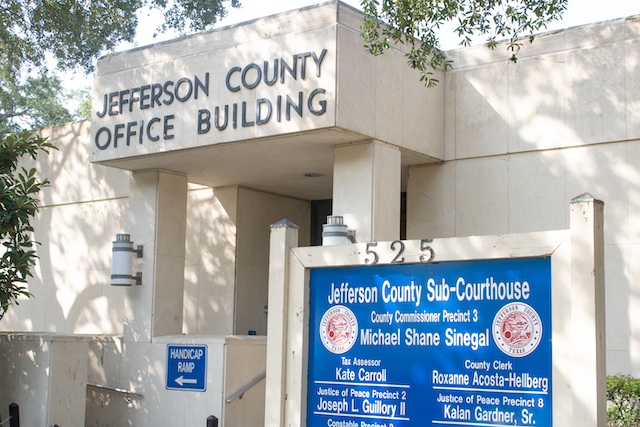Tricky stipulations keep some fraudulent college victims in debt
Published 9:56 am Thursday, January 26, 2017
By Drew Cloud, for the Port Arthur News
While college is intended to be a stepping-stone to a brighter future and improved economic circumstances, students who are the victims of fraud have found the reality to be far different. To make the situation even worse, tricky stipulations have prevented some victims of fraudulent actions by colleges from obtaining the debt relief they so desperately need.
Expanded debt relief options still leave many borrowers in a bind
Recently, the government has expanded debt relief options for student loan borrowers who believe they may have been the victim of alleged fraud. Among the most significant elements of the expanded debt relief is defense to repayment. Federal student loan borrowers are able to use this legal tool to request loan forgiveness if they believe the college they attended may have violated state law.
Under the expanded debt relief process, borrowers filing claims can have collections stopped while waiting for a determination to be made regarding whether their loans will be forgiven. The problem is that many borrowers are unable to take advantage of this tool due to the type of loan they have. This is because the expanded debt relief process is only applicable to student loan borrowers who have direct loans, which are loans issued directly by the federal government.
Many borrowers are not able to qualify for relief because the loans they took out were under the Family Federal Education Loan Program (FFEL). That program was discontinued in 2010. Technically, another company now holds FFEL loans even though the federal government backs them.
This has presented quite the conundrum for many borrowers. Even though borrowers receiving direct loans and FFEL loans could have attended the same college during the same time period and been subjected to the same fraudulent behavior on behalf of the school, only borrowers with direct loans are eligible for expanded debt relief, leaving FFEL borrowers out in the cold with few options for recompense.
The history of the problem
The root of the problem could date back to the 1990s, when lawmakers determined that the Department of Education could grant loan forgiveness to borrowers with direct loans using a borrower defense claim. The process for defense to repayment claims for FFEL borrowers was supposed to have been clarified at the same time; however, that never happened.
It should be noted that FFEL loan borrowers can ask for a loan to be forgiven if they believe their college might have violated the law. However, they must make the request to whoever owns the loan at the current time. This could mean filing a claim with the original lender, but in other situations, it could mean filing a claim where the loan was transferred. If the borrower were currently in default on the loan in question, he or she would need to apply for forgiveness through the Department of Education. Unfortunately, the process for filing such claims is somewhat murky and the regulatory language governing the right to file claims differs from that issued by the Department for Direct Loans to be forgiven using a defense to repayment.
Currently, the department is working to negotiate rulemaking for borrower defense and has stated it has received numerous requests for FFEL loans to be included in the process. For affected borrowers, this means there is no relief on the horizon. The situation has presented significant hardships for many borrowers who are unable to repay the loans and constantly worried about the collections process, including the potential to have their wages garnished because they have fallen into default. Such garnishments have caused significant problems for numerous students, who are often unable to pay other bills or move ahead with their future due to wage garnishments on loans they feel should be forgiven due to the predatory actions of the schools they attended.
For the moment, it remains to be seen whether FFEL borrowers will receive the relief that they need. If there are lessons to be learned from this miasma, they are for students to be very sure of the type of loan they are taking out to attend school, not to borrow more money than they absolutely need to complete school, and to thoroughly research the school they are attending to ensure they are receiving a high-quality education and will be able to secure reliable employment upon graduation in order to pay back their student loans.





